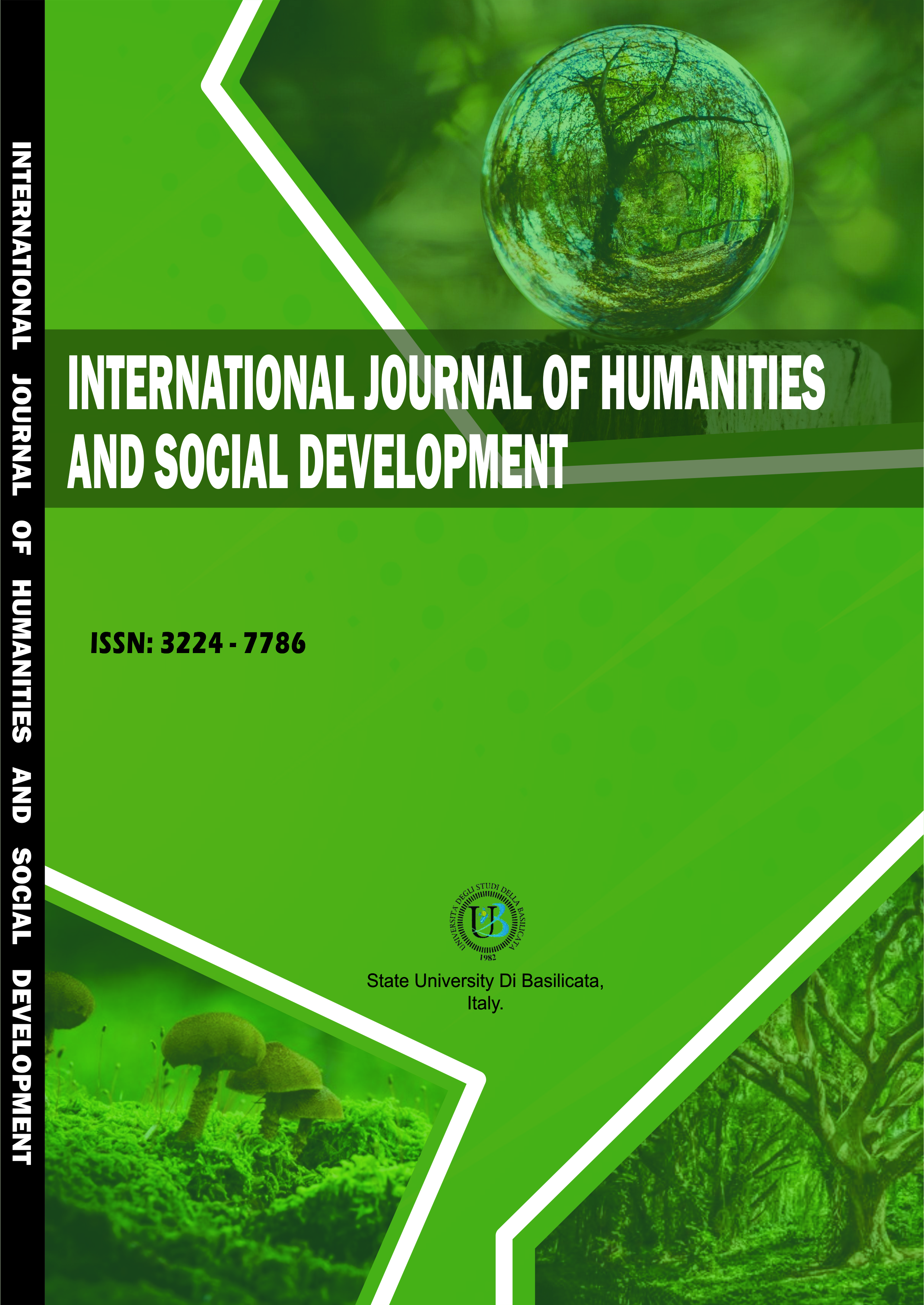INTERNATIONAL JOURNAL OF HUMANITIES AND SOCIAL DEVELOPMENT (IJHSD)
INTERACTIVE FICTION AS A GREAT BOOKS PEDAGOGY: A GAME DEVELOPER’S POSITION PIECE
E-ISSN: 2133 - 3762
P-ISSN: 3224 - 7786
DOI: https://iigdpublishers.com/article/531
This position piece makes the case for introducing interactive fiction (IF) game development as a medium for delivering Great Books ideas and stories in a rich, nonlinear manner. The worldbuilding involved in writing IF enables the student to immerse themself into the source material and gain new understandings through creative exploration. This paper begins with an examination of the learning benefits of IF and its capabilities for transforming beloved literary works and attracting new readers along the way. Recent examples of classic literature game adaptations are described within the context of exposing students to the classics in new dynamic ways. This paper then explores the broad implications of IF game development and play in the manner of bringing history instruction to life while promoting enthusiasm for reading. A recommendation is then offered to stakeholders involved in advancing Great Books of the Western World to consider hosting online game jam competitions themed ―Great Books‖ to attract new readers, contributing to an ever-growing catalogue of game reimaginings. As a distinct literacy, IF reveals opportunities for the ―scholar as developer‖ to build proximity with their chosen book’s source material by its transformation while refining their written, creative, and technical abilities.
TYLER B. WRIGHT
Milyakina, A. (2017). Digital adaptations: Types, meanings, and implications for literary education. NHT’17, Prague, Czech Republic, 1914.
Seif El-Nasr, M., Yucel, I., Smith, B., Tapia, A., & Zupko, J. (2007). Middle-to-high school girls as game designers – What are the implications? Proceedings of the 2nd Annual Microsoft Academic Days on Game Development in Computer Science Education, Aboard Disney Cruise Ship Wonder, 54–58.
Spieler, B., Petri, A., Schindler, C., Slany, W., Beltran, M., Boulton, H., Gaeta, E., & Smith, J. (2016). Pocket Code: A mobile app for game jams to facilitate classroom learning through game creation. In Proceedings of the 6th Irish Conference on Game-Based Learning, 61–79.
Maier, V., & Budke, A. (2020). Developing geographical narratives: Pupils create digital text adventures with Twine. European Journal of Investigation in Health, Psychology and Education, 10(4), 1106–1131. https://doi.org/10.3390/ejihpe10040078
Spivey, M. (2020). Engaging the paradoxical: Zeno's paradoxes in three works of interactive fiction. Journal of Humanistic Mathematics, 10(1), 39–65. https://doi.org/10.5642/jhummath.202001.05
